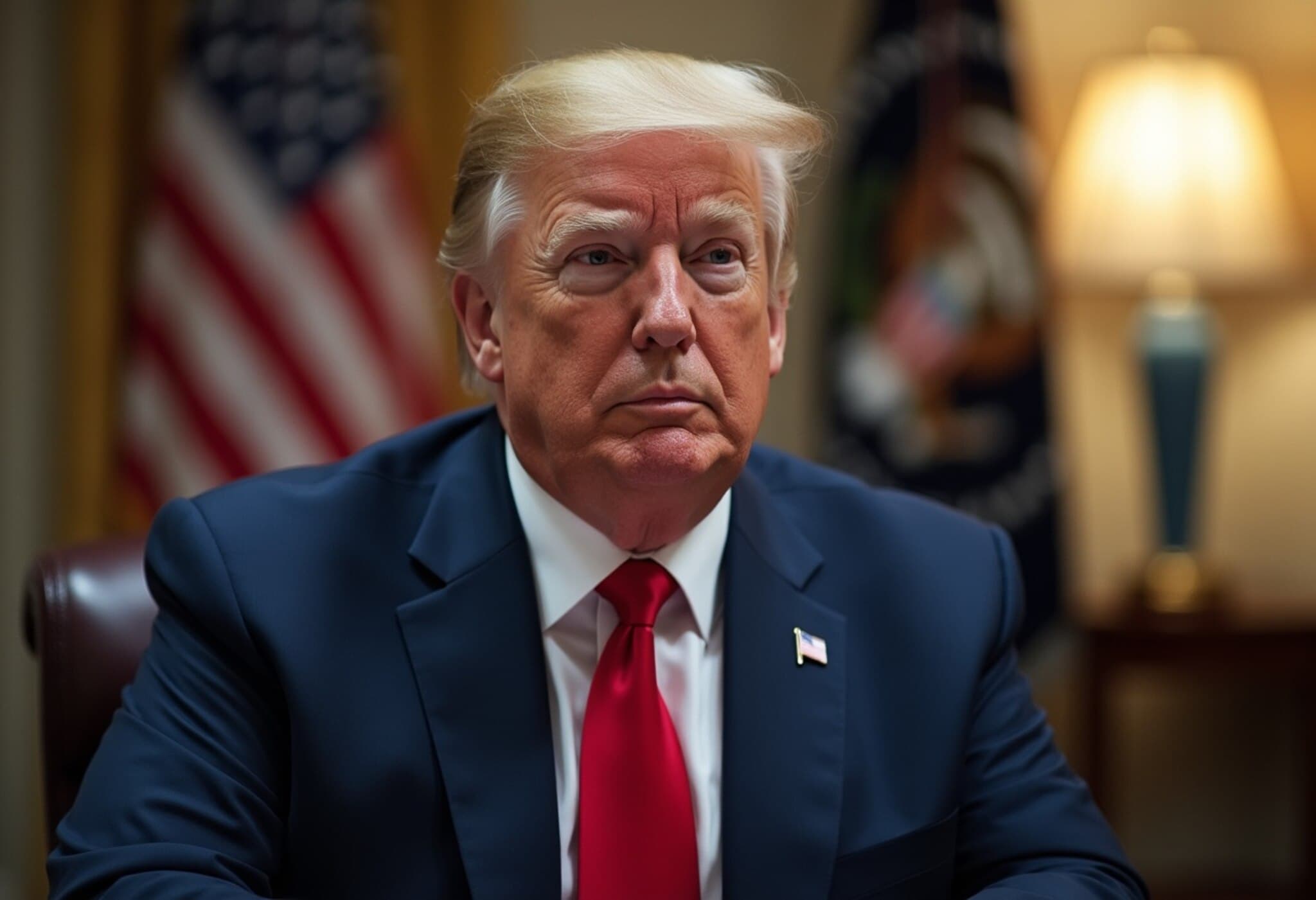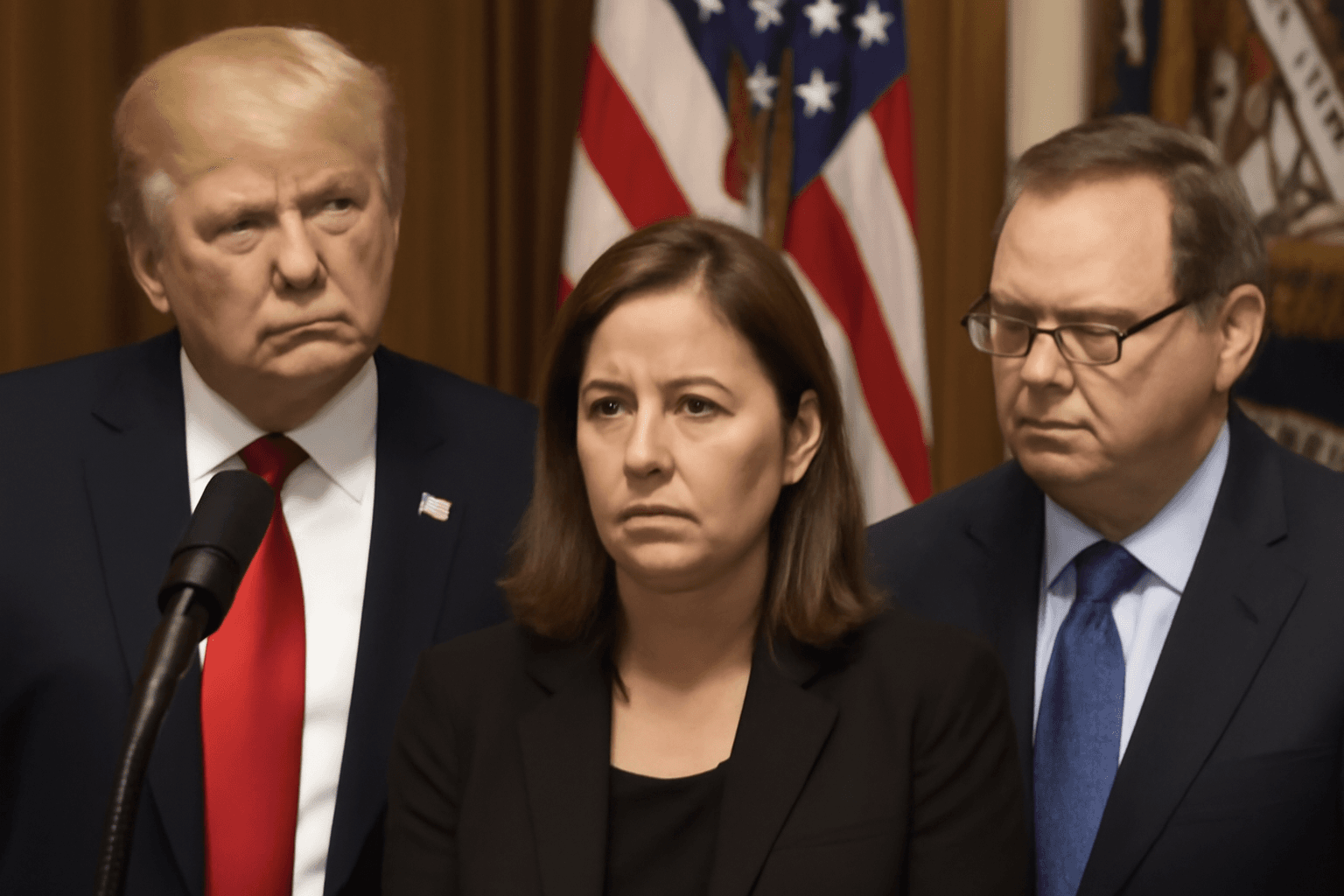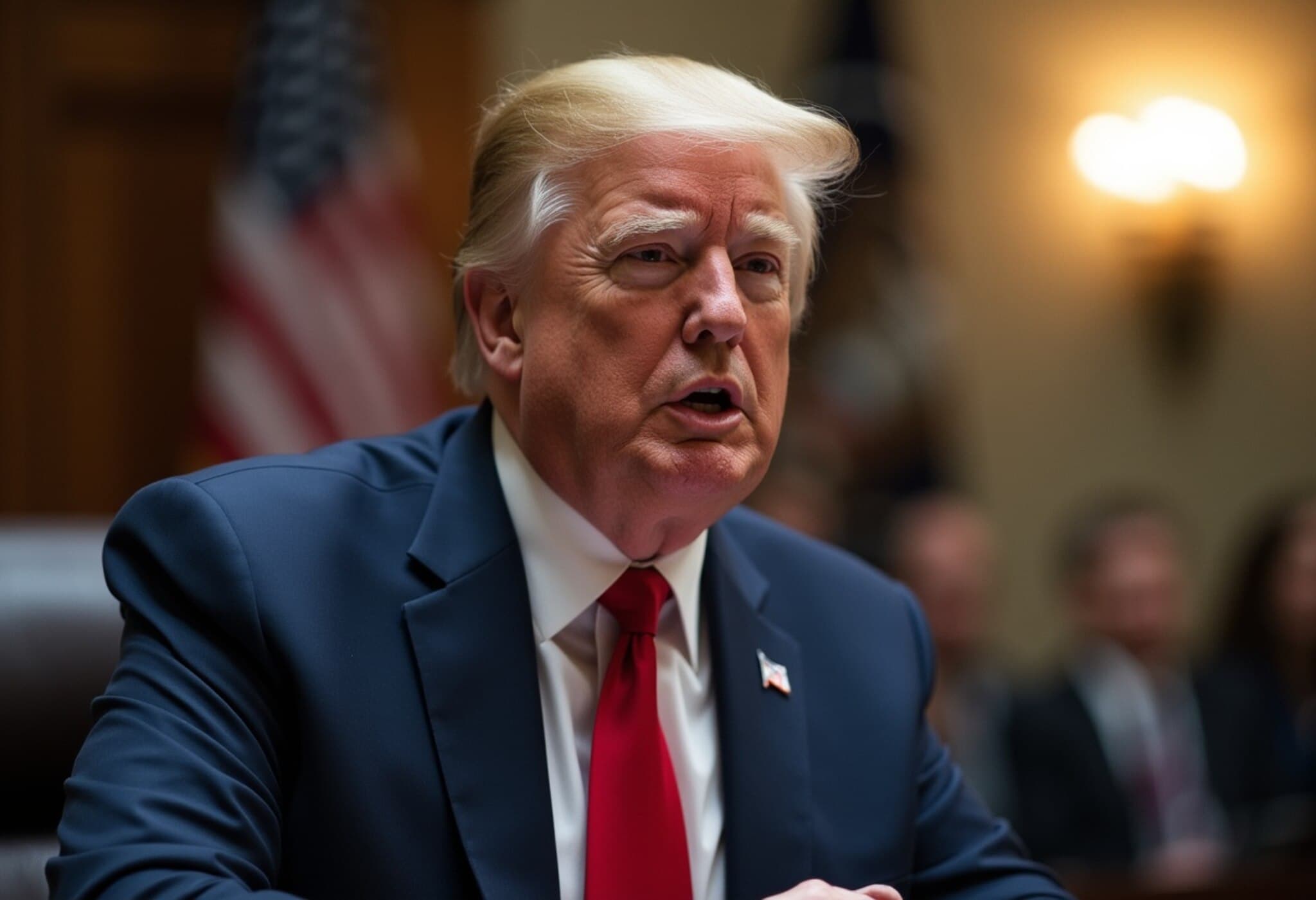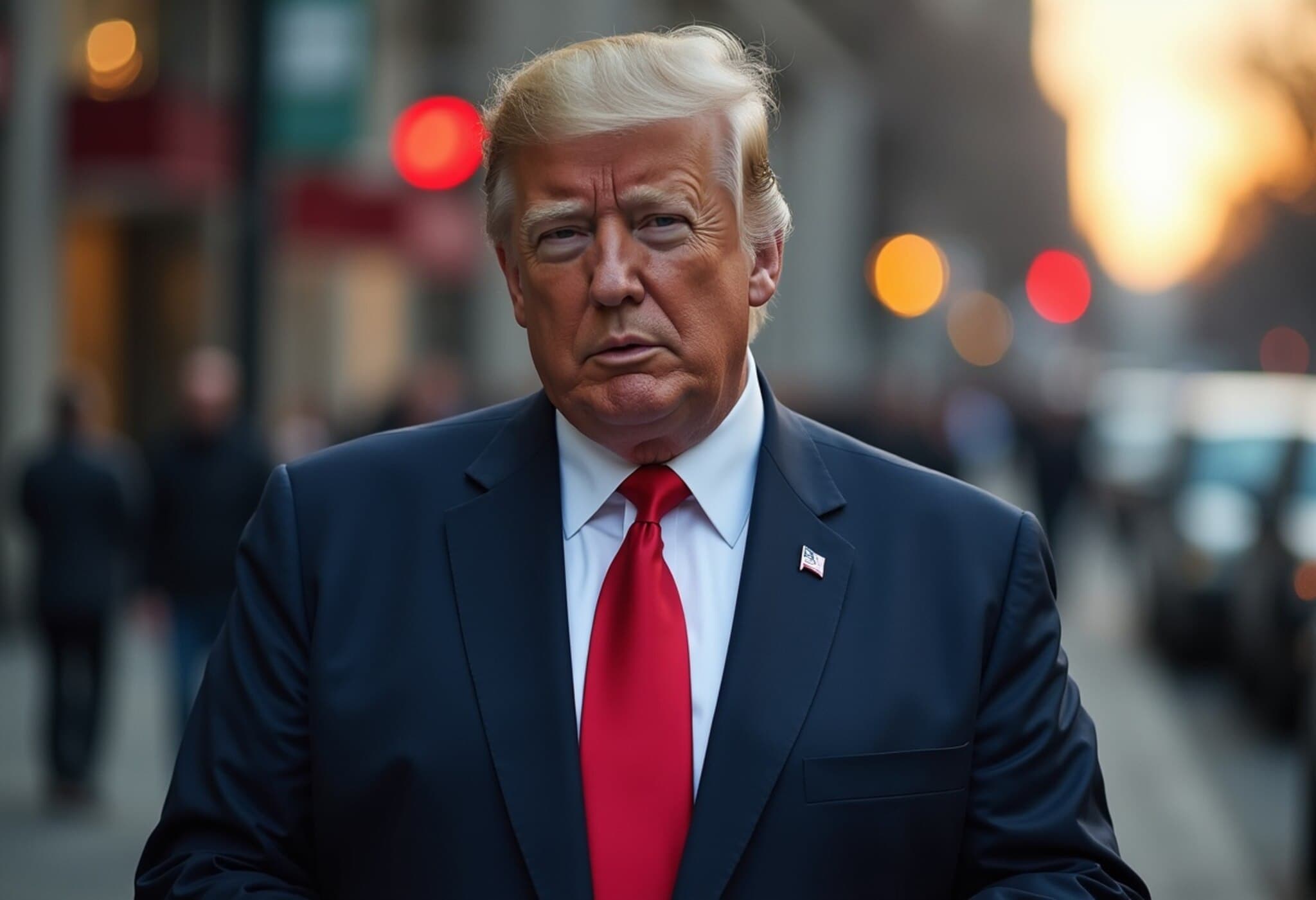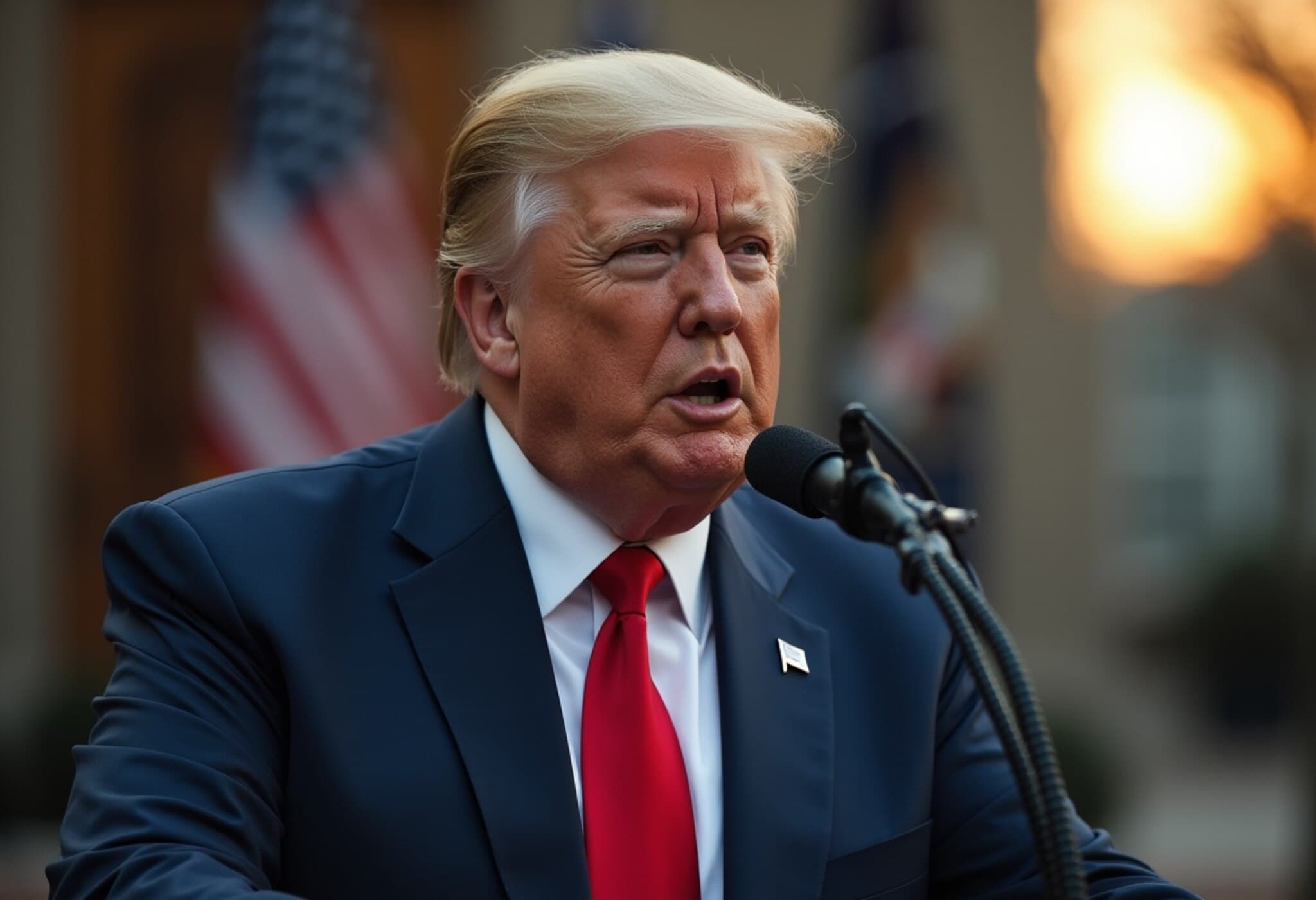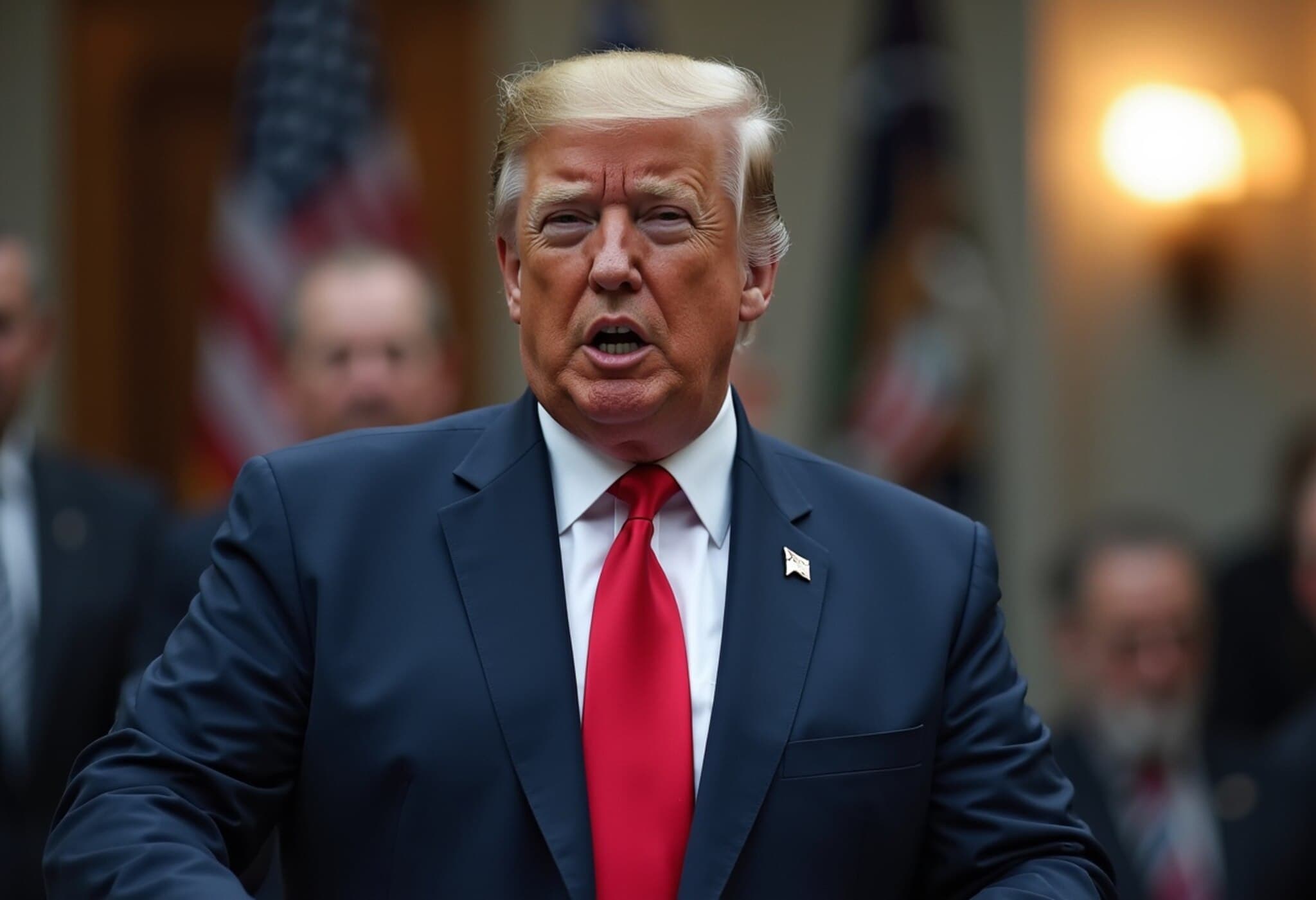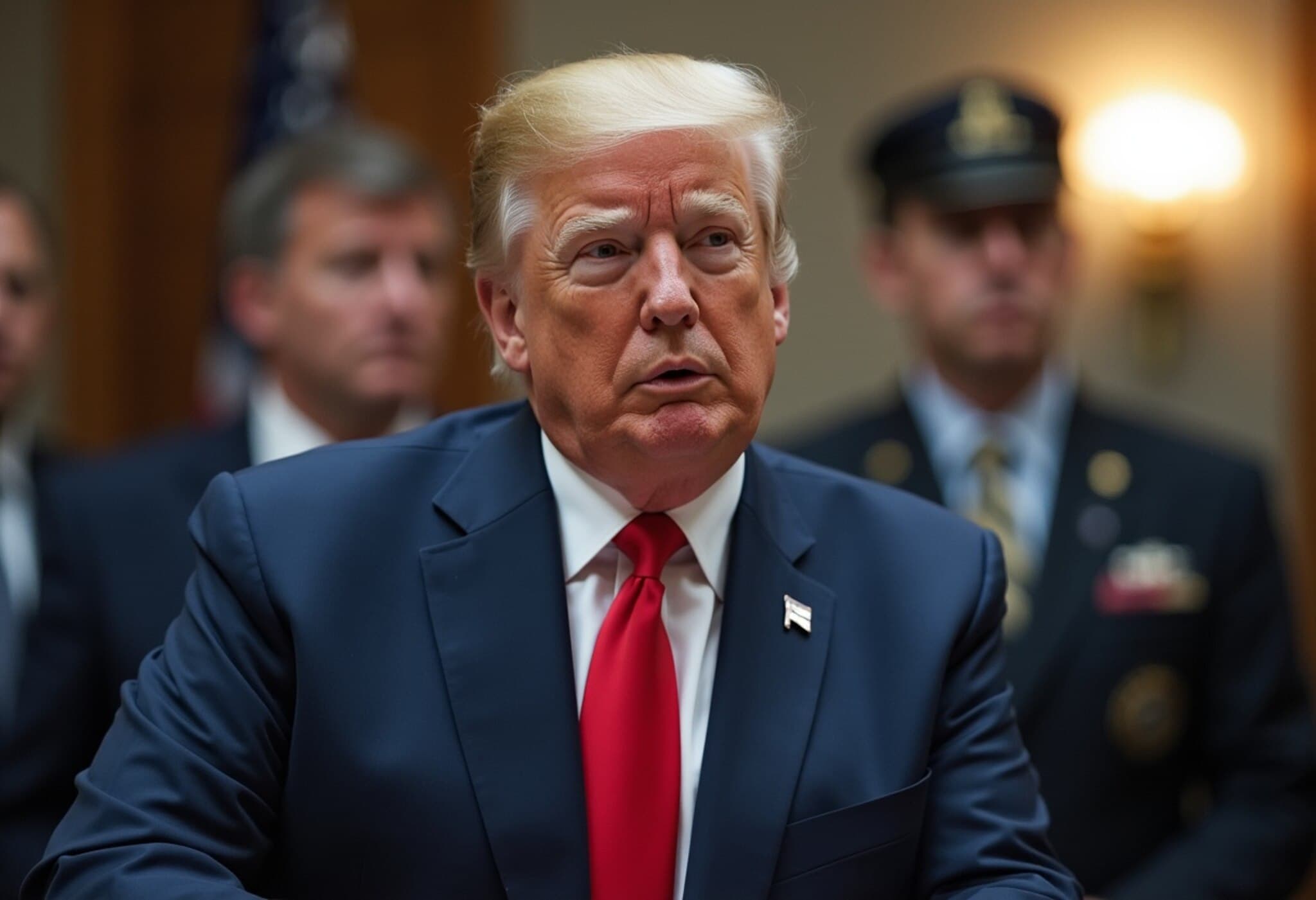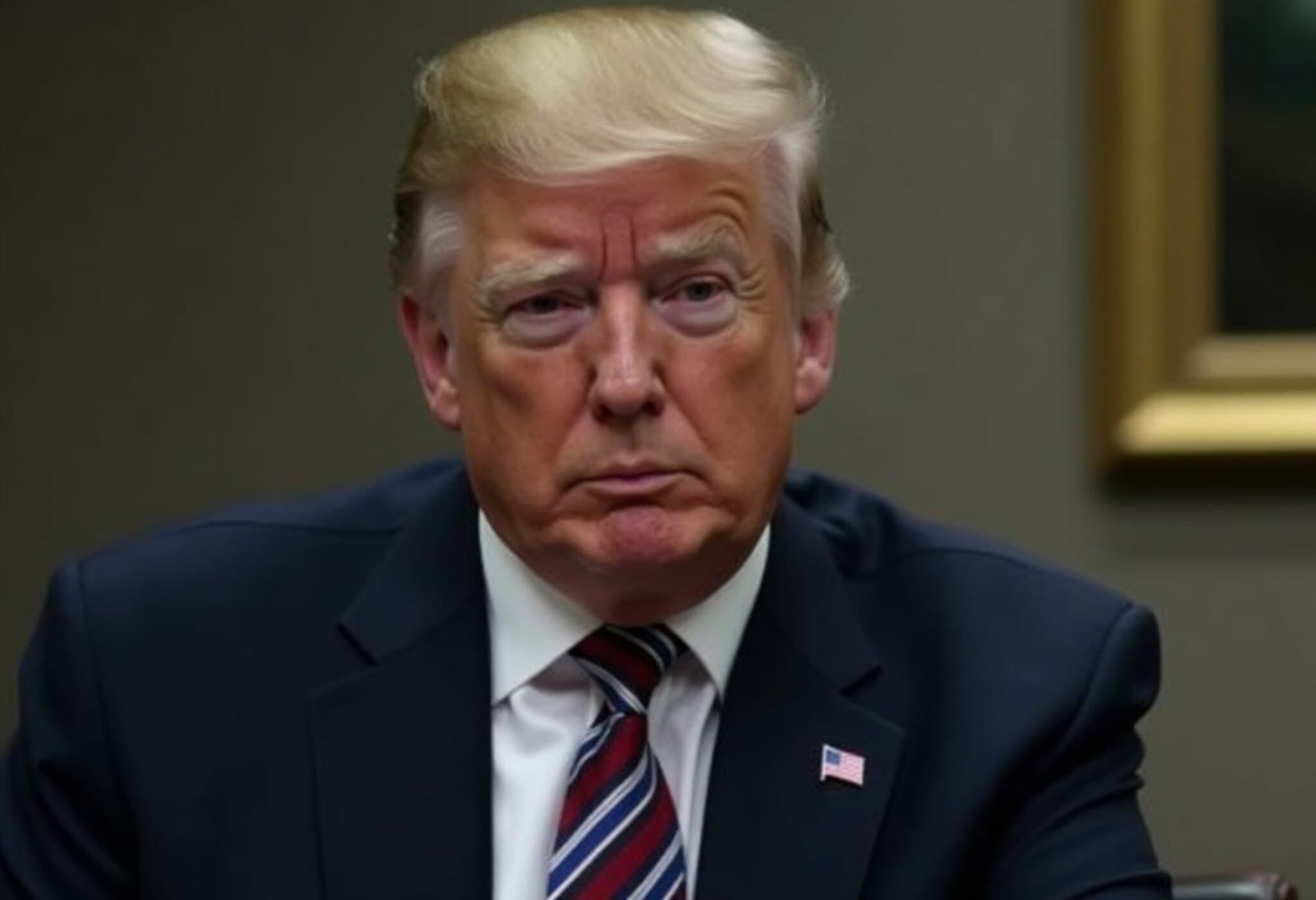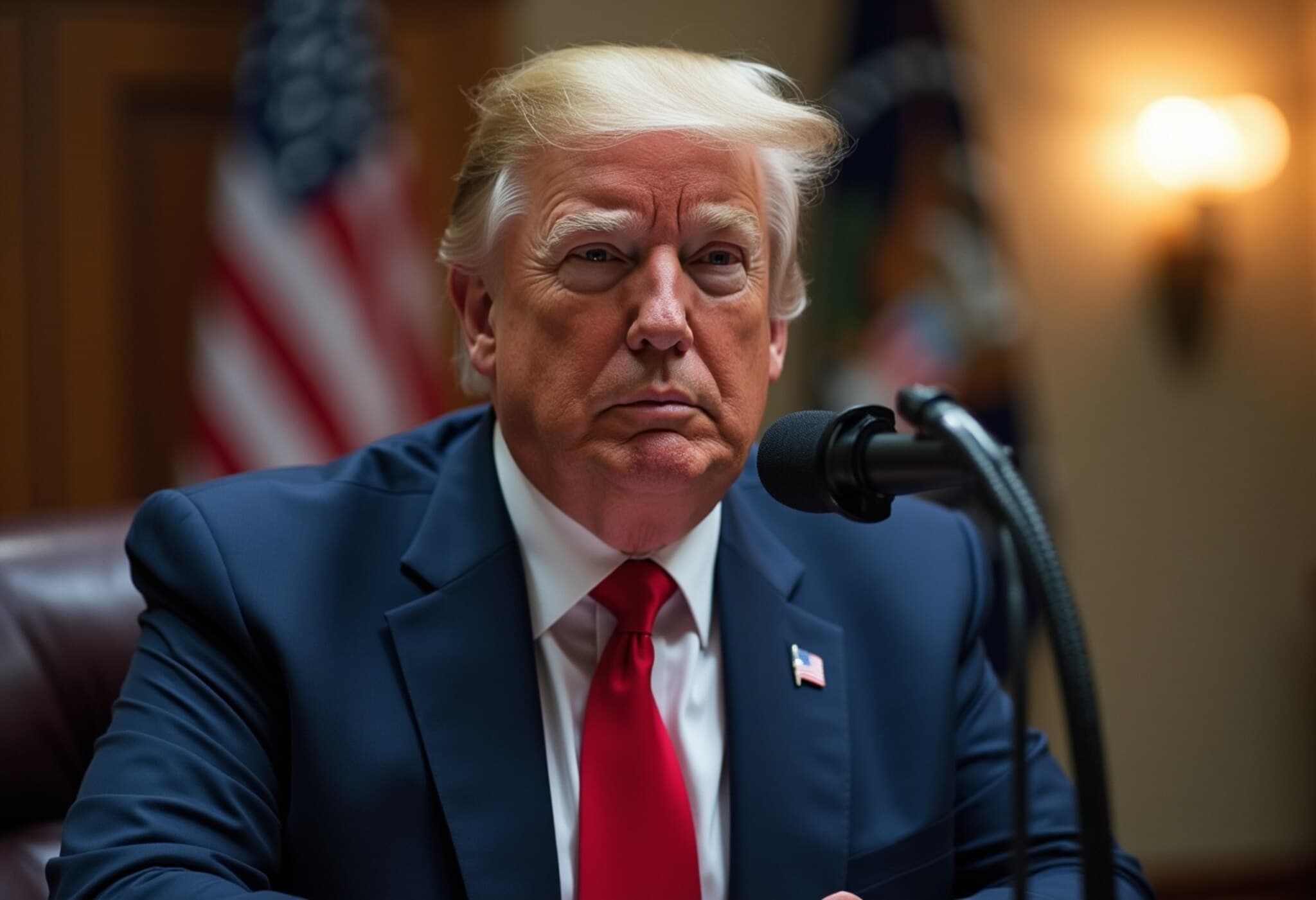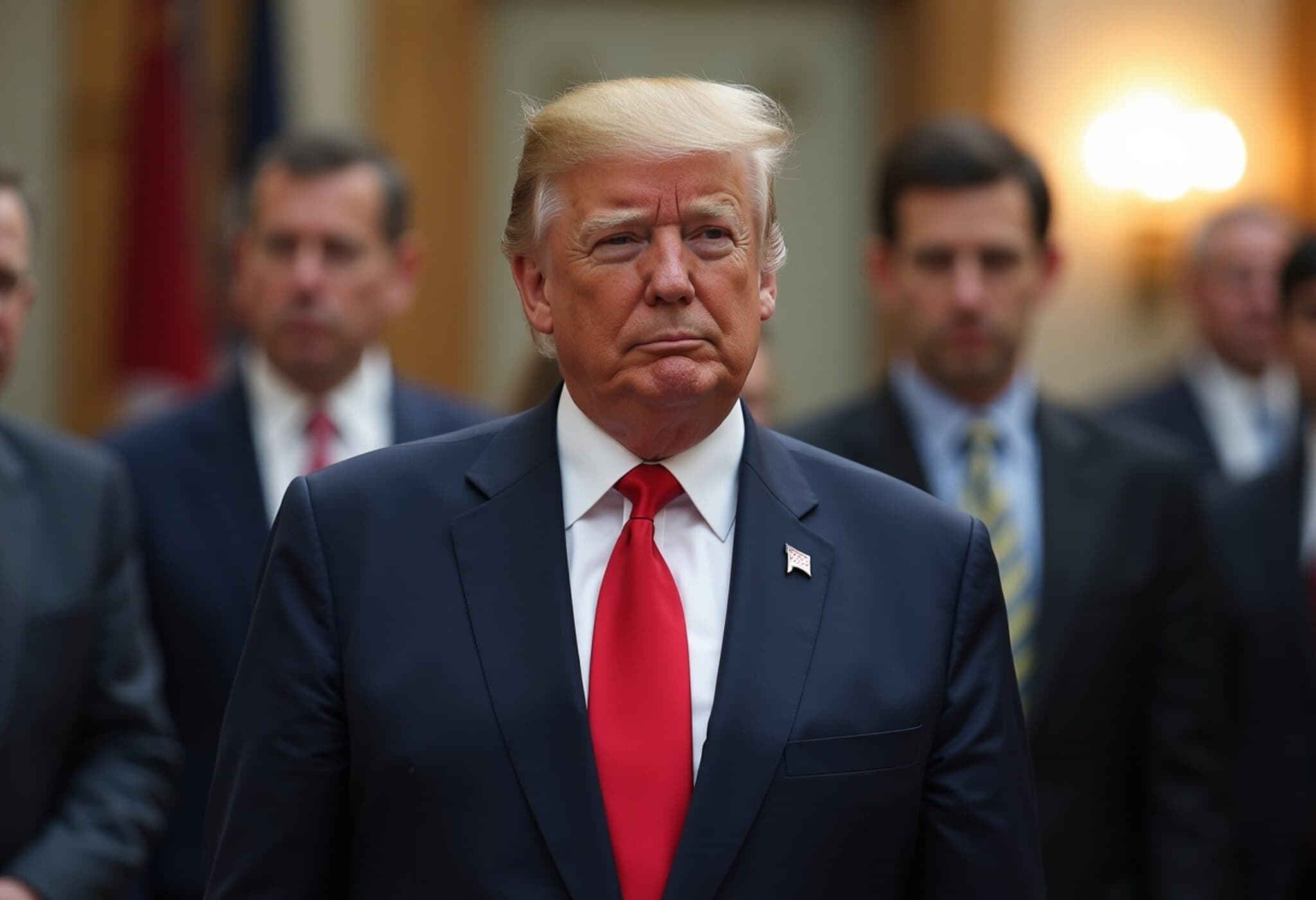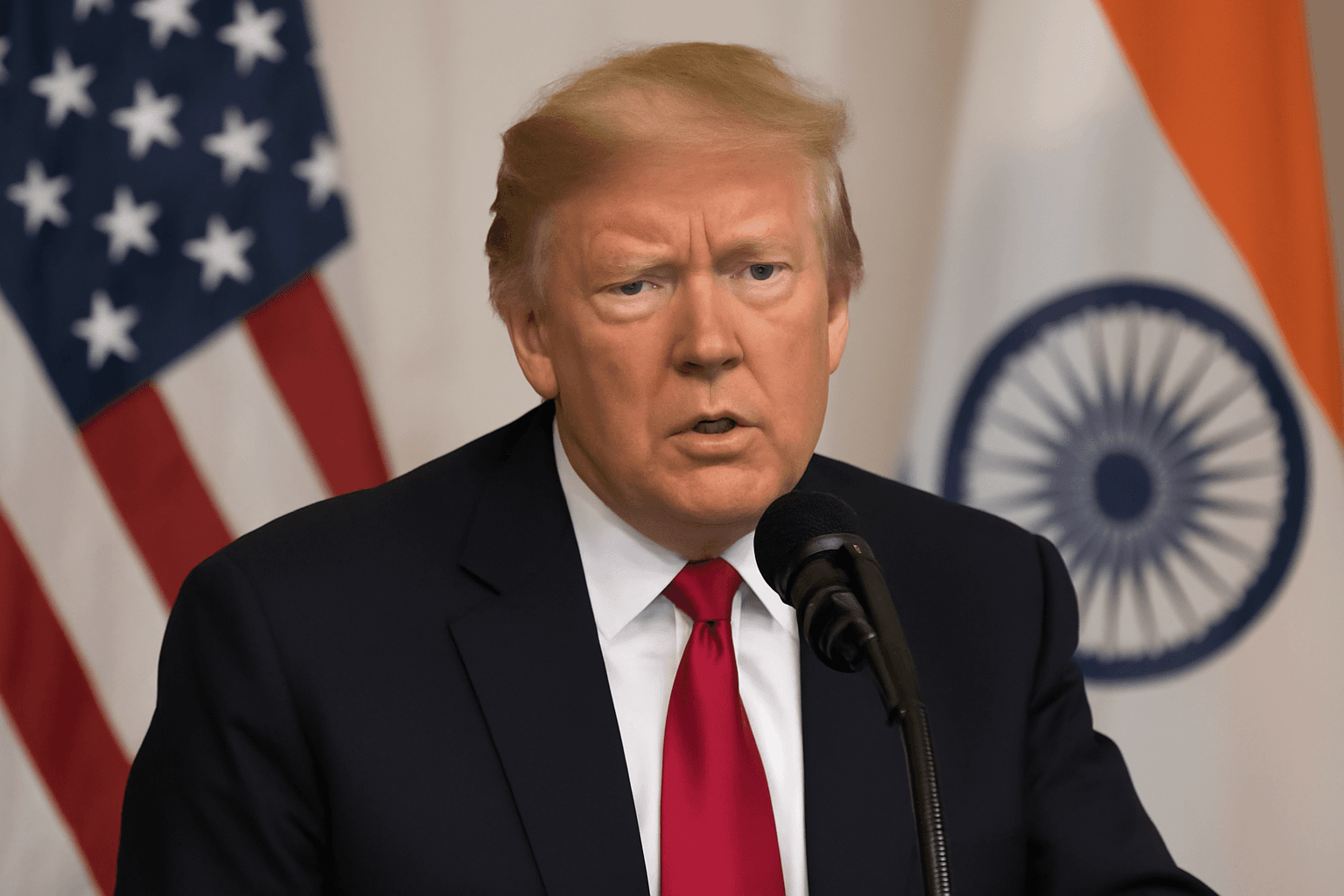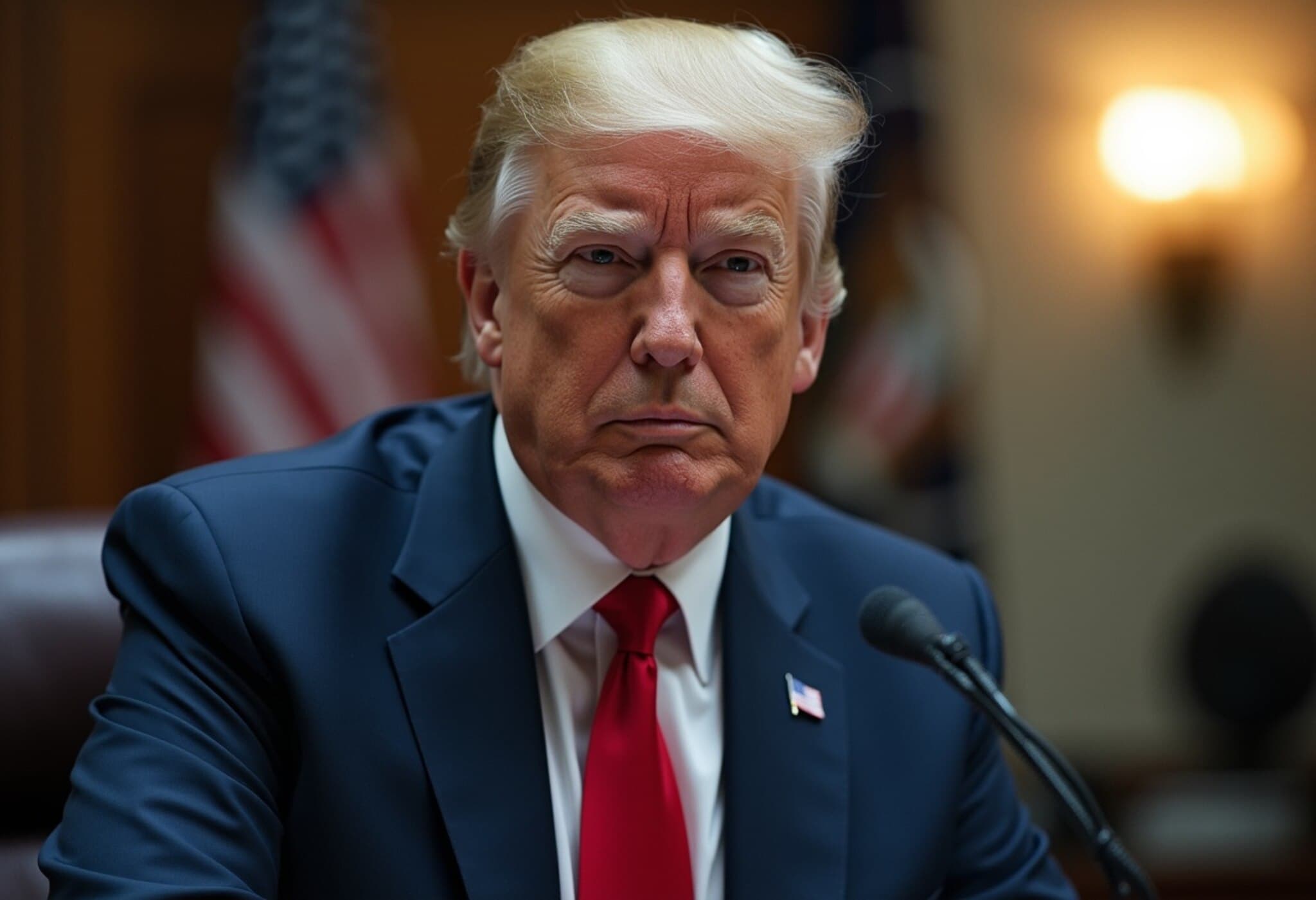President Donald Trump Sits Down with CNBC’s 'Squawk Box' Amid Economic Tensions
On August 5, 2025, former President Donald Trump took center stage on CNBC’s Squawk Box, engaging in a detailed discussion about the current U.S. economy and pressing international trade issues. The interview, which aired at 8 a.m. ET, provided Trump an opportunity to articulate his administration’s stance on tariff policy and recent labor market data—topics that remain at the heart of economic debate.
Tariff Disputes with India Ignite Trade Firestorm
During the conversation, Trump highlighted escalating tensions between the U.S. and India over trading practices, particularly surrounding India’s import and resale of Russian oil. He voiced strong criticism, accusing India of profiting from Russian oil purchases despite global sanctions efforts and the ongoing conflict in Ukraine.
Trump stated on his Truth Social platform: "India is not only buying massive amounts of Russian Oil, they are selling it on the open market for huge profits. They don't care about the human cost in Ukraine, so I will be substantially raising the tariffs India pays to the USA."
This announcement marked a potential significant deepening of trade friction between the two nations, who are already navigating a delicate balance of diplomatic and economic interests. India's Foreign Ministry countered by highlighting perceived inconsistencies in U.S. and European Union approaches, emphasizing that nations criticizing India continue to engage in trade with Russia themselves.
Jobs Report Sparks Controversy, Resulting in Leadership Change at BLS
The interview also covered the July jobs report, which revealed disappointing employment numbers alongside downward revisions to earlier months. The underwhelming data compounded criticism of current labor statistics reporting, prompting Trump to take a decisive stance.
He announced the immediate dismissal of Erika McEntarfer, Commissioner of the Bureau of Labor Statistics (BLS), calling for a replacement who he assured would provide more accurate economic data.
Trump remarked: "We need accurate jobs numbers. I've directed my team to fire this Biden political appointee immediately. She will be replaced with someone more competent and qualified."
This unprecedented public call for a leadership change in such a key economic agency raises important questions about the politicization of economic data and its impact on market confidence and policy decisions.
Expert Insight: The Broader Implications for U.S. Economic Policy
Trade analysts suggest that raising tariffs on a major trading partner like India could lead to unintended consequences, including potential retaliatory measures, disruptions in supply chains, and inflationary pressures on American consumers. Moreover, critics caution that dismissing the head of the BLS over short-term data outcomes risks undermining the agency’s independence and could erode trust in vital economic indicators.
From a policy perspective, these developments highlight the delicate balance between using tariffs as leverage and sustaining healthy international trade relations. They also underscore the political sensitivity surrounding employment statistics, which play a critical role in guiding fiscal and monetary policy.
Looking Ahead: Navigating Complex Trade and Economic Challenges
- Trade Policy: How the U.S. recalibrates its tariff strategy with India will be a bellwether for broader global trade dynamics amid shifting alliances and sanctions enforcement.
- Economic Data Integrity: Ensuring transparency and accuracy in labor market reporting remains essential to maintain policymaker and investor confidence during volatile times.
- Political Ramifications: The interplay of economic management and partisanship will continue to affect public trust in government institutions.
Editor’s Note
President Trump's candid discussion on Squawk Box sheds light on the ongoing complexities of U.S. economic governance amid geopolitical tensions. His aggressive stance on tariffs and sharp criticism of labor statistics underscore broader themes of accountability, transparency, and strategy in navigating globalization and domestic economic health. As these issues unfold, stakeholders must critically assess the balance between political objectives and economic realities—questions that remain at the forefront of America’s economic future.

